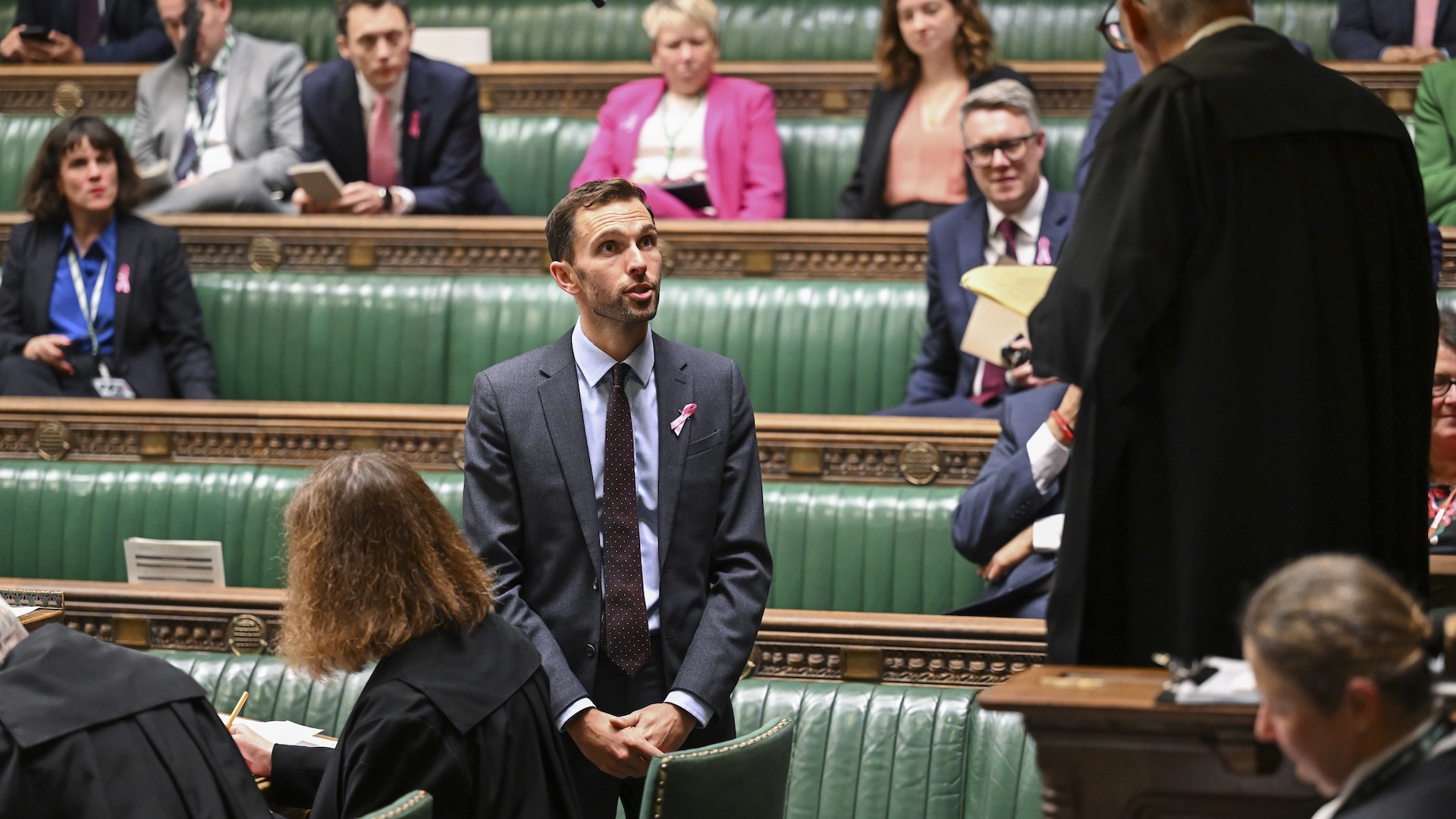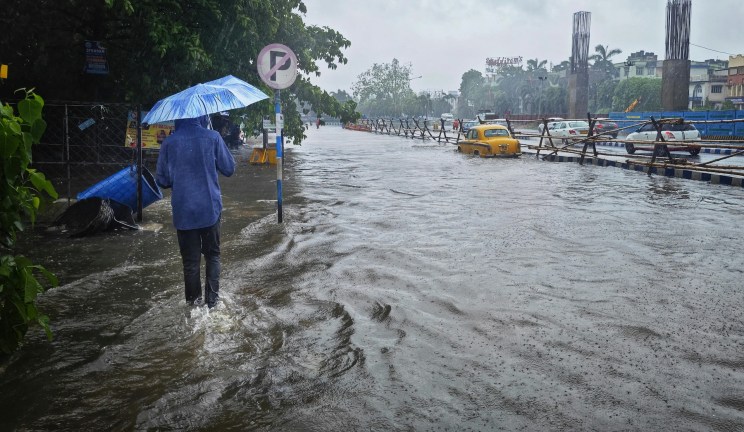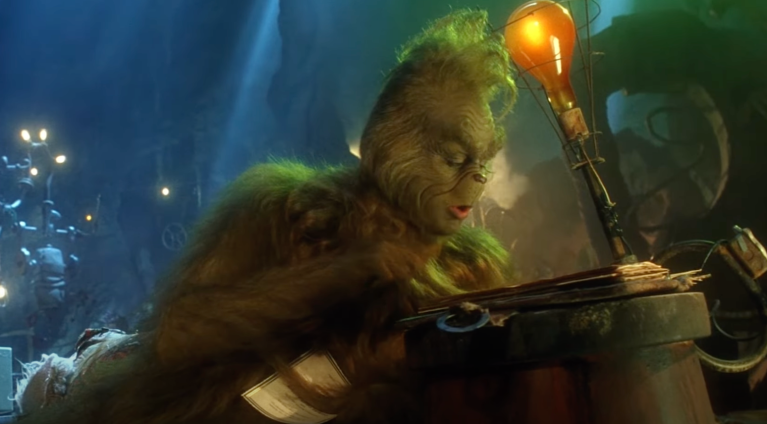Since the election was called in May, it feels like my feet have barely touched the ground. Late-night debates in the House of Commons can feel a very long way from home back up in Cumbria. Being an MP is tiring business, especially entering the job following 14 shambolic years of Conservative failure, but representing (I would say) the most beautiful constituency in the country has been the greatest honour of my life.
Another great perk of the new job has been getting a front row seat to the government making big reforms to children’s social care. Many of the changes followed recommendations I made in my independent review of children’s social care and the new government has got straight to work setting out reforms.
Before being elected, I had worked in the children’s services field for nearly 15 years. I began my career as a teacher and witnessed first-hand the inequality of opportunity faced by children in the care system, made worse by a system shifting away from earlier intervention and failing to account for the importance of loving relationships.
- Help stop care leavers from falling into homelessness, Labour told: ‘People are suffering’
- Should care experience be a protected characteristic? Care leavers speak out on status debate
The extent of the crisis I could see unfolding led to me leaving my job as a teacher and starting the charity Frontline which attracted more graduates into the children’s social care sector and brought around 2,000 social workers into the field during my time there.
In 2020, the government asked me to chair the Independent Review into Children’s Social Care. The review involved thousands of interviews and conversations with people with direct personal or professional experience of the system. From children and parents, to relatives and carers. Deep problems have led to a crisis in our children’s social care sector and resulted in some of the most shocking disadvantages facing the care experienced community. Those who have grown up in care are 70% more likely to die early. Let that sink in.
Early and intensive support for families has been hollowed out. Child protection is overwhelmed. The current system has overlooked family networks like grandparents, aunts and uncles despite them often being the best option to raise a child when parents are struggling. These factors mean that, without action, we’re on course to have 100,000 children in care within a decade in England.









